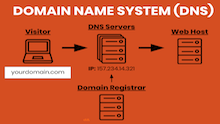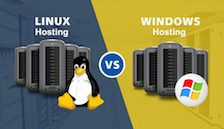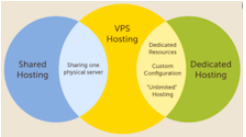
As is widely understood, all websites hosted on Linux Shared Hosting utilize the same server resources. Therefore, to provide optimal performance for every site, there are restrictions on resource usage for CPU, RAM, I/O, inodes, and entry processes. This article outlines how these resources impact your website and scenarios in which you might consider upgrading your hosting plan. CPU The…

ParaphraseTry sample text 47/600 words Paraphrased Text cPanel, whether on shared hosting or dedicated servers, allows you to manage a website and email for your domains. To connect your domain name to your cPanel account, it is necessary to update the domain’s DNS settings. For more information on DNS, refer to the earlier article in the Hosting Column. What is…

When beginning web development, we frequently encounter the question: Should I opt for Windows hosting or Linux hosting? Regardless of the hosting type, you can utilize a web browser such as Firefox, Chrome, or Safari to manage your accounts and websites. Thus, it’s possible to operate your Windows Hosting account from a MacBook or a Linux Hosting account from a…

In this post, discover different types of Linux cPanel web hosting, including Shared Hosting, Business Web Hosting, VPS (Virtual Private Server), and the essential requirements for each category of Linux hosting. The chart below outlines the essential criteria for each category of Linux hosting that should be considered prior to making a purchase. Shared Hosting Business Hosting VPS Hosting Level…

